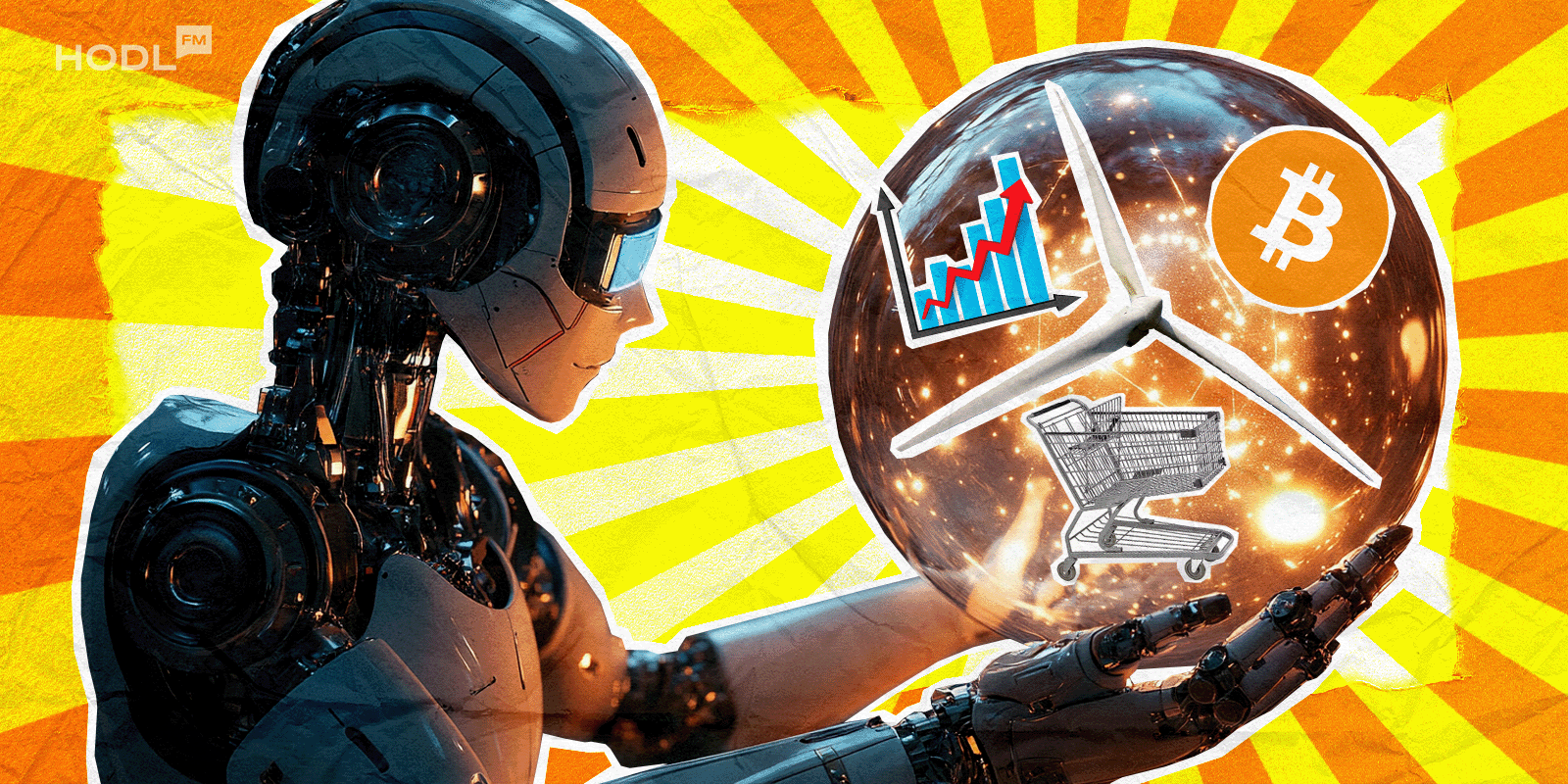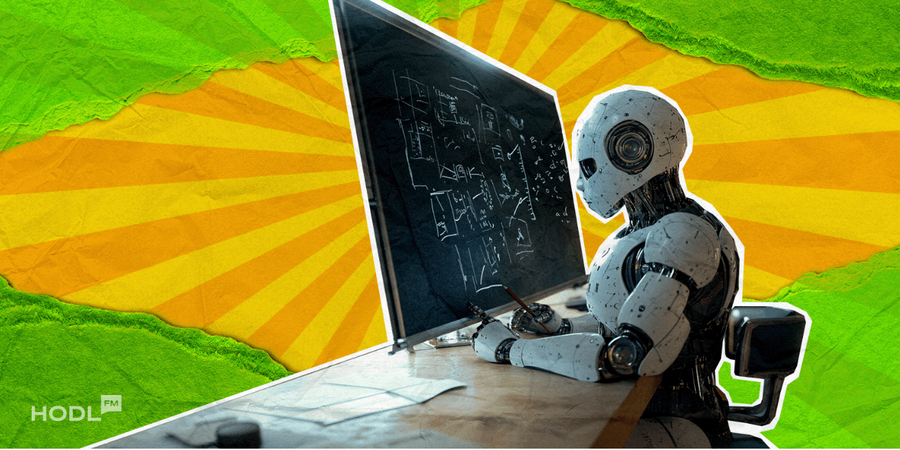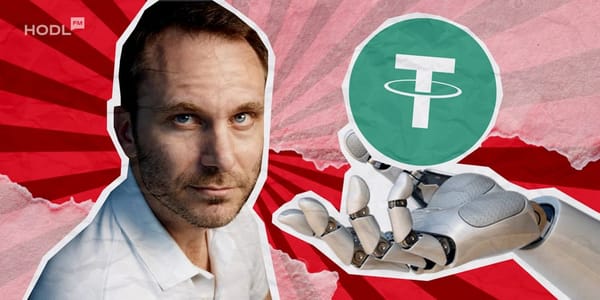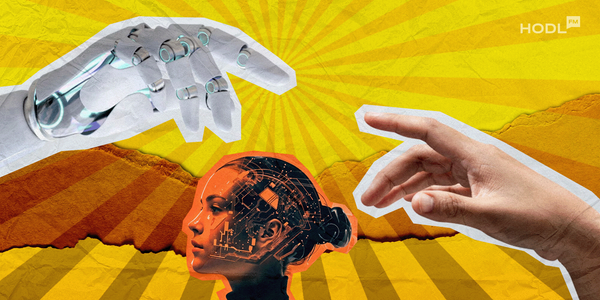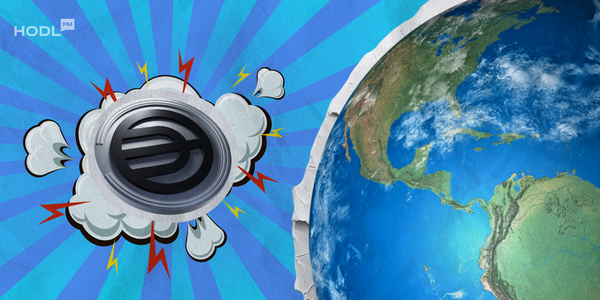If you thought that robotic brains were first imagined by James Cameron and brought to life in Terminator, and that AI only started being truly useful with the advent of ChatGPT, we’re here to dispel that misconception. The first problem-solving algorithms appeared in AI research as early as 1950. We invite you to find out the real AI agents' creation and development history, which has long been integrated into places where we didn't think we would see them.
When did AI agents appear? Key Milestones and Examples
1950s–1970s: The First Ideas
70 years ago, Alan Turing — a British mathematician, computer scientist, and cryptographer best known for breaking the cipher used by Nazi Germany's Enigma machine — initially outlined the concept of machines that think and make decisions like humans in his paper Computing Machinery and Intelligence. The Turing Test is an experiment to determine whether a machine can exhibit intelligent behavior indistinguishable from a human.
Key Milestones:
- 1956 – Dartmouth Conference: The birth of AI as a scientific discipline.
- 1958 – Perceptron (Frank Rosenblatt): The first neural network model.
- 1965 – Deductive AI: Logical reasoning in Prolog and LISP systems.
- 1966 – ELIZA (Joseph Weizenbaum): The first primitive chat program.
In the 1970s, expert systems based on rules (IF-THEN) emerged. These systems could perform highly specialized tasks, like diagnosing diseases.
Examples:
- DENDRAL (1965–1970) - analyzing chemical compounds.
- MYCIN (1974) - an expert system for diagnosing bacterial infections.
1980s–1990s: Machine Learning and Intelligent Agents Development
In the 1980s, there was a transition from traditional expert systems to more complex, multitasking AI systems known as intelligent agents. Unlike earlier systems based on rigid rules (IF-THEN), the new agents could adapt to changes in the environment, learn from data, and make more complex decisions.
Key Milestones:
- 1986 – Backpropagation learning method (Rumelhart, Hinton, Williams)
- 1987 – Belgian researcher Pattie Maes introduced the term "intelligent agent" to describe programs that could autonomously analyze their environment, make decisions, and adapt to changes.
- 1995 – Agent-based systems are used in internet search (WebCrawler – the first search bot to index web pages and function as an autonomous agent, analyzing the internet and updating its database)
Examples:
- 1997 – Deep Blue by IBM - the first computer to defeat world champion Garry Kasparov in chess, marking it the first example of an intelligent agent analyzing complex game situations.
2000s–2010s: Global Automation, Big Data, and AI Agents Widespread Adoption
Since the early 2000s, AI agents have been actively integrated into business, finance, and the internet. A particularly important factor was Big Data — massive amounts of data that required new algorithms for processing and predictive analysis.
Key Milestones:
- 2006 – The rise of machine learning. Geoffrey Hinton and his team demonstrated that deep neural networks could learn more effectively than traditional algorithms. This laid the foundation for future AI agents capable of speech recognition, image analysis, and text analysis.
- 2011 – Siri was integrated into the iPhone 4S, becoming the first mainstream voice assistant capable of understanding natural language and executing commands.
- 2014 – Amazon introduced Alexa, an intelligent voice assistant that could control smart devices, order products, and search for information online.
Examples:
- 2011 – The AI agent Watson, developed by IBM, became the first artificial intelligence to defeat top human contestants on the TV quiz show Jeopardy!

2020s and Beyond: Generative AI and Autonomous Agents
Since the early 2020s, AI agents have entered a new phase of evolution, shifting from mere “intelligent systems” to autonomous AI agents capable of planning, learning, and interacting with the environment without human intervention.
Key Milestones:
- 2020 – A revolution in text-based AI. OpenAI released GPT-3, the largest language model at the time, which became the foundation for future intelligent agents.
- 2022 – Mass content generation. AI became a mainstream phenomenon with ChatGPT, Midjourney, and Stable Diffusion, making AI-generated content accessible to businesses, media, and developers.
- 2023 – The first autonomous AI agents capable of performing complex tasks without detailed human oversight.
Examples:
- Automated assistants (ChatGPT, Gemini, Claude)
- Agent-based systems in finance (AI hedge funds)
- Delivery robots and self-driving cars (Tesla, Waymo)
- AI doctors and diagnostics (MedPaLM, PathAI)
AI agents in 2025 are software that interacts with the environment, collects data, and makes decisions autonomously. To achieve goals set by humans, AI will select the best actions based on its perceptions and data to achieve optimal outcomes.
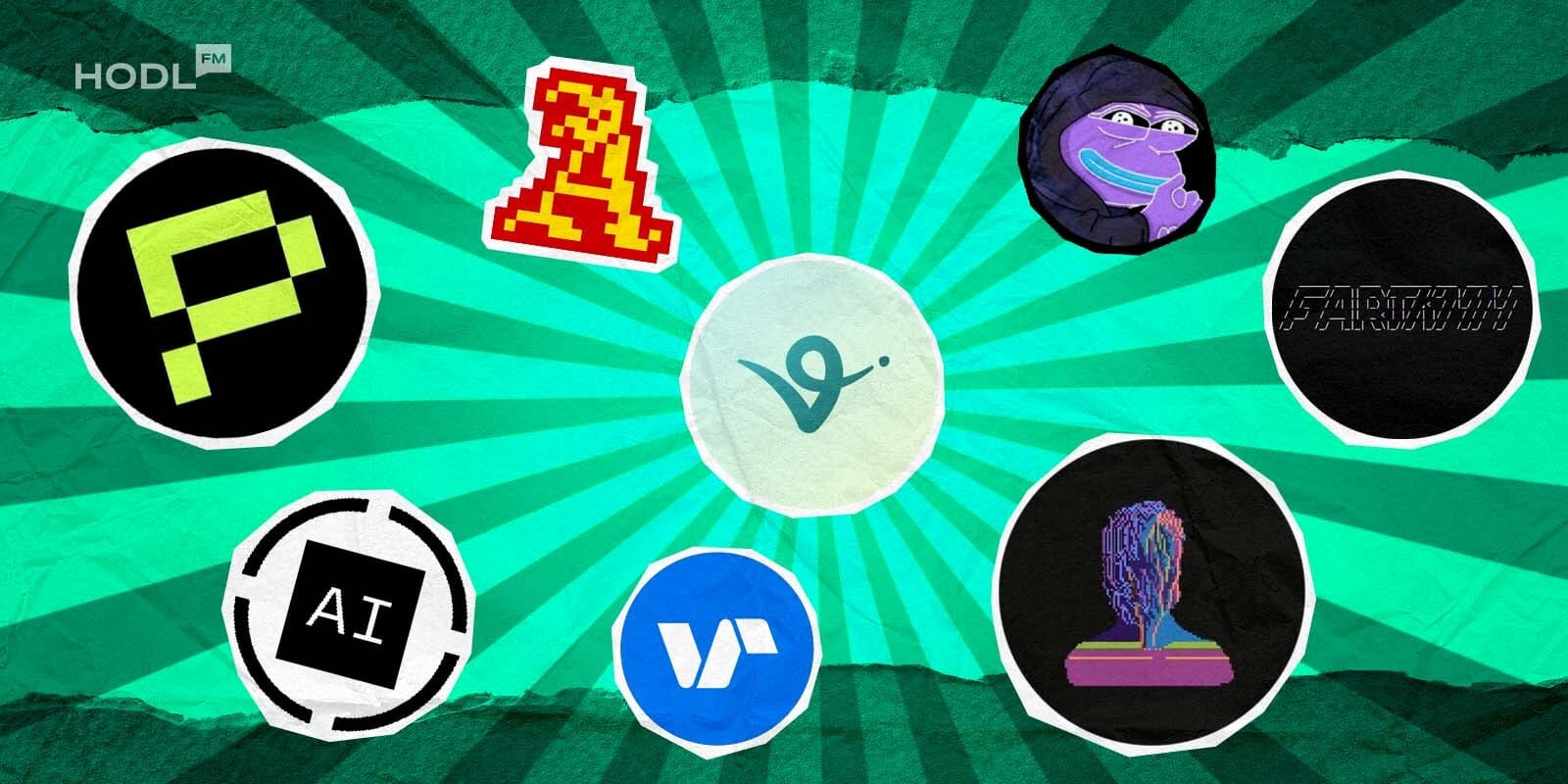
AI Agents Use Cases
AI agents have integrated so seamlessly into our lives that we often can't even tell where a service is being provided by person and where by a computer.
Here are the most common industries where you may not notice the presence of AI agents:
Finance and Trading
- Automated algorithmic trading
- Credit risk assessment
- Fraud detection
Examples of AI Agents:
- Kavout – AI platform for predicting stock movements
- Kensho (S&P Global) – Analyzing financial data and automated forecasts
- Darktrace AI – AI for detecting fraud in financial transactions
Marketing and Sales
- Content and advertising personalization
- Chatbots and voice assistants
- Consumer behavior analysis
Examples of AI Agents:
- Albert AI – Automated marketing and advertising
- Drift – AI chatbot for customer interactions
- ChatGPT (OpenAI) – Customized models for content generation
Cybersecurity
- Identifying anomalies and cyberattacks
- Automatic vulnerability patching
- Analyzing network traffic
Examples of AI Agents:
- CrowdStrike Falcon – Threat and attack detection using machine learning
- Microsoft Security Copilot – AI assistant for cybersecurity
- IBM Watson for Cybersecurity – Threat analysis and investigation support
Medicine and Pharmaceuticals
- AI-driven disease diagnosis
- AI Drug Discovery
- Virtual medical assistants
Examples of AI Agents:
- DeepMind AlphaFold – Predicting protein structures for drug development
- PathAI – Cancer diagnosis using computer vision
- Babylon Health – AI telemedicine and symptom-based diagnosis
Education
- Interactive AI tutors
- Automated grading systems
- Adaptive learning
Examples of AI Agents:
- Socratic (Google AI) – AI tutor to assist with academic questions
- Duolingo AI – Personalized language learning
- Gradescope AI – Automated homework grading
Software Development and IT
- Automated code writing (Copilot, Code Llama)
- Software testing and bug detection
- DevOps automation
Examples of AI Agents:
- GitHub Copilot – AI assistant for code writing
- Codeium – Copilot alternative for code auto-completion
- DeepCode – Code analysis and error detection
Manufacturing and Logistics
- Supply chain optimization
- Warehouse management and demand forecasting
- Product quality control
Examples of AI Agents:
- ClearMetal (Project44) – Demand forecasting and supply chain management
- Symphony RetailAI – Optimizing warehouse inventory
- UiPath AI – Business process automation in factories
Automobiles and Transportation
- Autonomous vehicles and drones
- Route optimization
- Predictive maintenance
Examples of AI Agents:
- Tesla FSD (Full Self-Driving) – Autonomous driving system
- Waymo (Google) – Self-driving cars
- Nuro AI – Autonomous delivery robots
Media and Creativity
- Image, video, and music generation (Midjourney, Stable Diffusion)
- Automated content writing
- Deepfake technology
Examples of AI Agents:
- Midjourney / Stable Diffusion – Image generation
- Runway AI – Video generation and editing with AI
- AIVA – AI composer creating music
Law
- Document and contract analysis
- Legal information retrieval
- Automated assistants for lawyers
Examples of AI Agents:
- ROSS Intelligence – AI lawyer for document analysis
- Luminance AI – Automated contract analysis
- DoNotPay – Virtual lawyer for contesting fines
To conclude
AI agents have evolved from simple expert systems to fully autonomous solutions integrated into business, manufacturing, and everyday life.
As we mentioned earlier, AI's presence in the modern world has become so natural that we often don’t even realize that what we’re using and interacting with is powered by artificial intelligence. According to a Goldman Sachs report, AI could replace 300 million full-time jobs. And to answer your question, can AI agents fully replace human agents? The answer is no!
Currently, AI agents cannot completely replace human agents in any field. Despite significant advancements in automation and data processing, human abilities such as empathy, creativity, and making complex decisions in uncertain situations remain irreplaceable.
